
Loading...
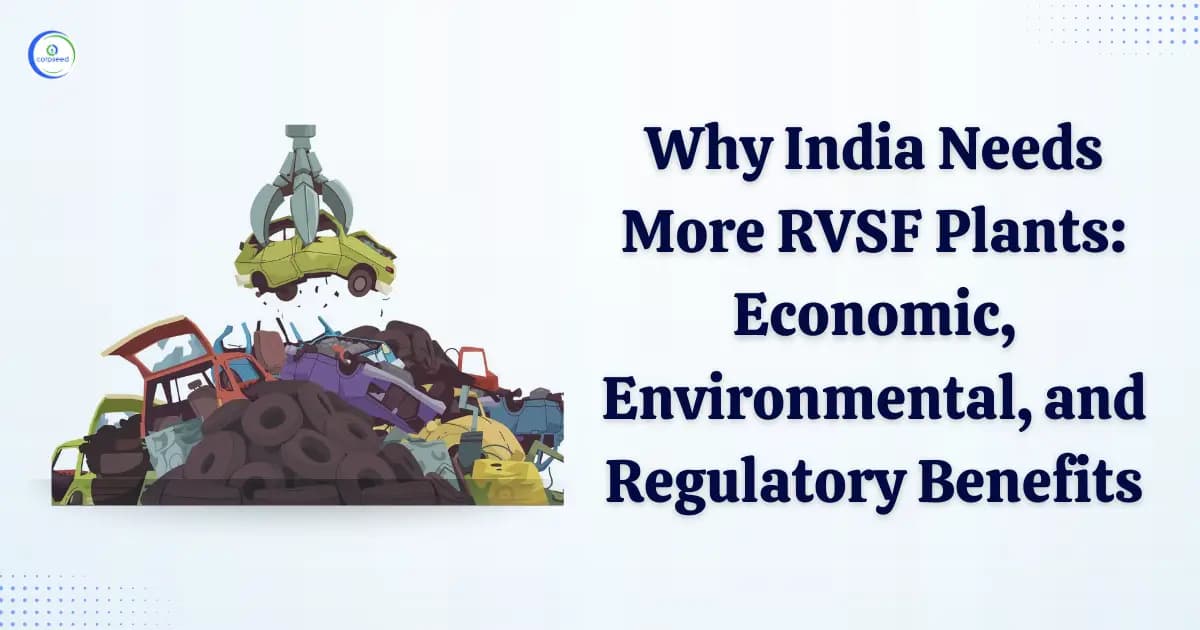
An RVSF (Registered Vehicle Scrapping Facility) is a licensed and regulated facility that specifies in the responsible dismantling, recycling and disposal of end-of-life vehicles (ELVs).
About the Author

Parul Bohral, a BALLB graduate and experienced legal researcher and content writer with expertise in various legal areas, including corporate law and intellectual property. I have gained valuable experience in esteemed legal environments, where I have strengthened my research skills, allowing me to approach legal writing with precision and depth.
As a legal content writer, I am committed to delivering work that not only informs but also engages readers. By staying informed about the latest trends in content marketing and regulatory developments, I ensure that my writing remains sophisticated and meets industry standards. My dedication to thorough research enables me to craft content that is both insightful and impactful.
Related articles
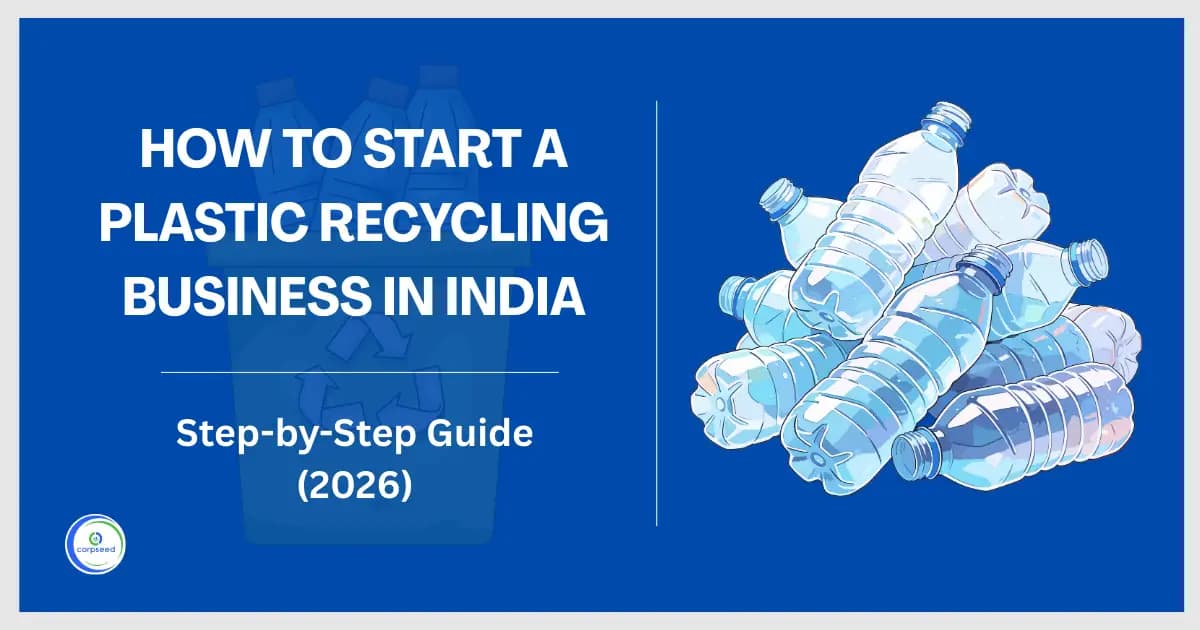
How to Start a Plastic Recycling Business in India: Step-by-Step Guide (2026)
2026-02-05
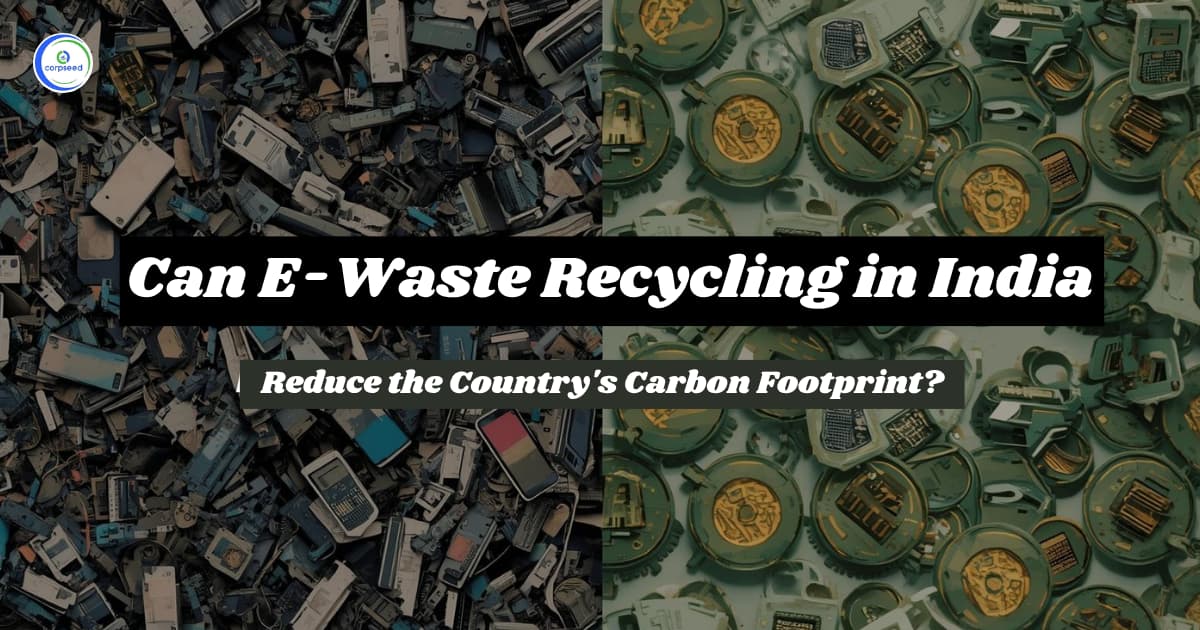
Can E-Waste Recycling in India Reduce the Country's Carbon Footprint?
2025-11-04
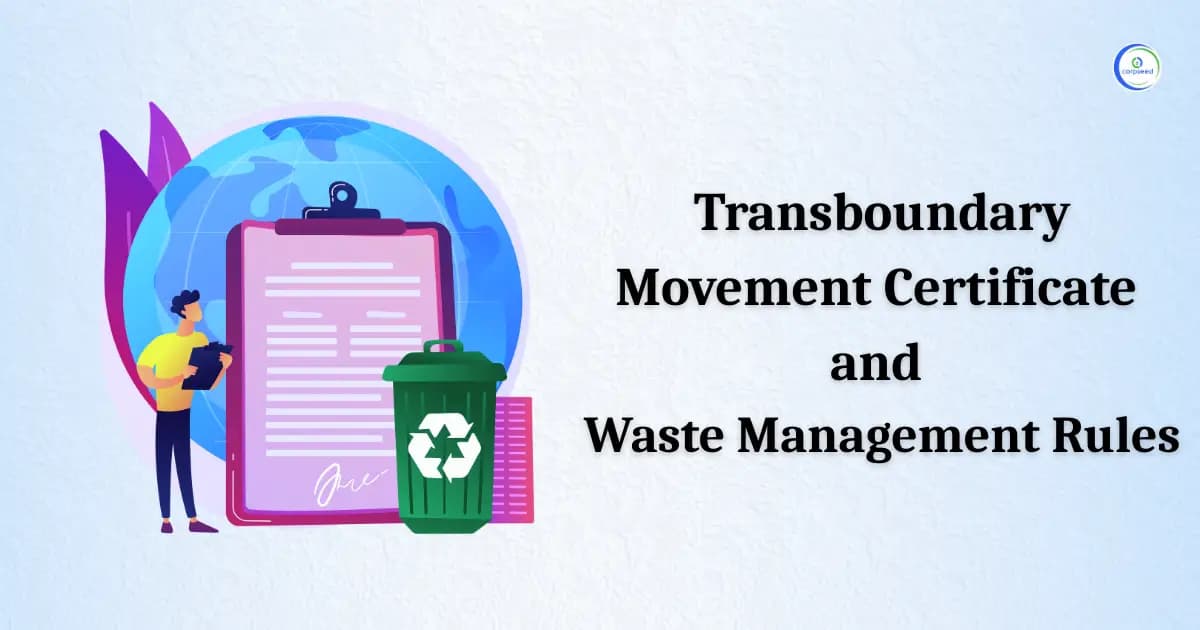
Transboundary Movement Certificate and Waste Management Rules
2025-09-29
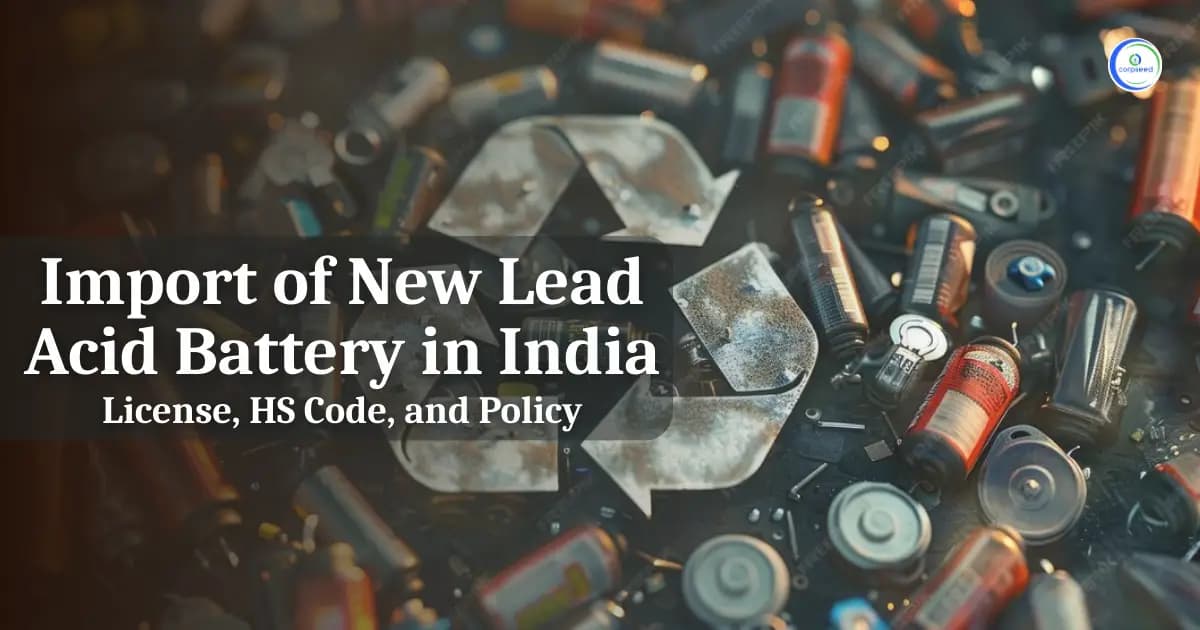
Import of New Lead Acid Battery in India | License, HS Code, and Policy
2025-09-26

Incentive Scheme to Promote Critical Mineral Recycling: Cabinet Approves Rs. 1,500 Crore Push
2025-09-08

How to Set Up a Tyre Recycling Plant in India?
2025-08-18